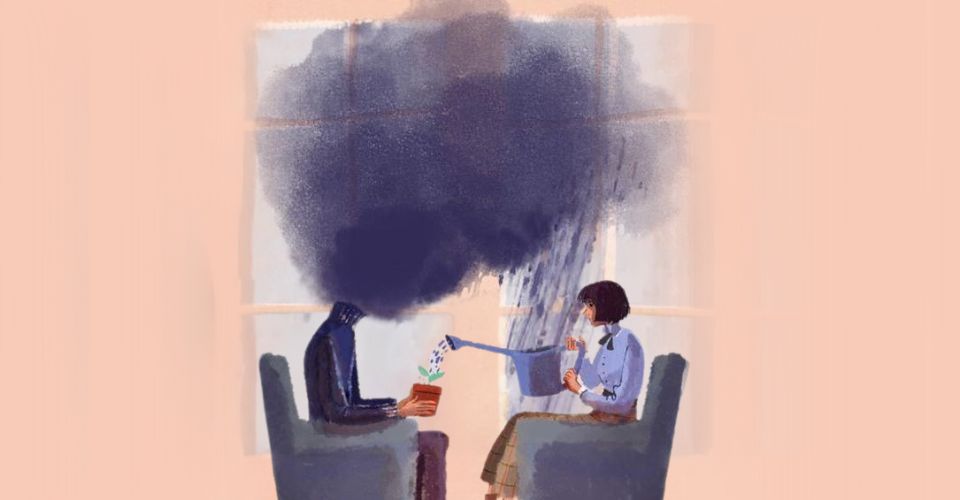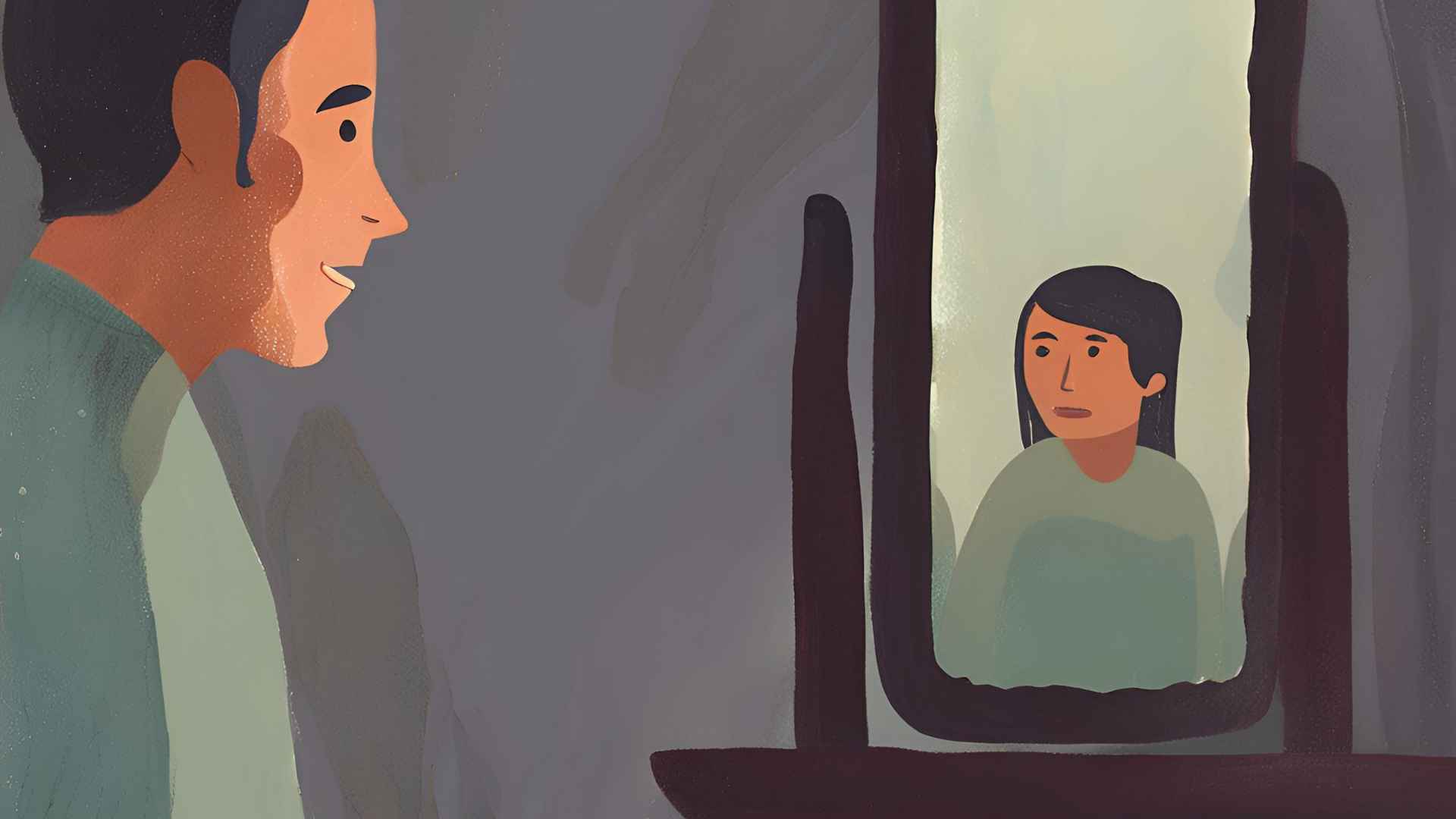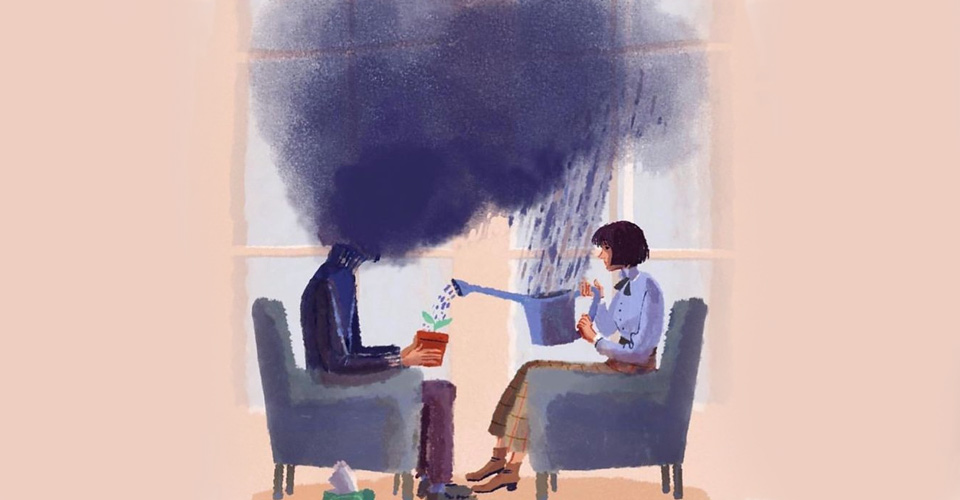The hero’s journey is a familiar story often seen in movies. The protagonist sets out on an adventure, gains crucial insights, overcomes various obstacles, and returns home profoundly transformed. But what if the characters weren’t dealing with challenges in their relationships or careers, nor were they confronted by any immediate existential threats? In such cases, they likely wouldn’t embark on such journeys. It is often the unbearable situations, the unresolved trauma, or looming dangers that propel heroes into adventures, ultimately leading to their personal growth and transformation.
The process of personal growth in real life resembles a hero’s journey. It involves challenges, uncertainties, and struggles. Yet, this path also becomes the means of achieving one’s fullest potential, guided by the unconscious mind towards healing and self-improvement.
How Therapy Helps in Recovering from Trauma
Starting the journey of self-improvement is challenging, but completing it can feel even more daunting. There are obstacles that seem impossible to overcome, yet they demand extraordinary resilience. Struggling with inner conflicts or experiencing recurring distressing dreams can make the process even harder. Many individuals might feel like giving up, but true perseverance means pushing forward, as anything less is unacceptable. This is where they discover their inner strength.
Every child faces difficulties during their early years. Those who encounter the toughest circumstances often have a greater potential for growth and personal development than others. However, the deeper the pain, the more the need for support becomes compelling.
Why Therapy Matters
Becoming the best version of oneself is a journey that often requires professional guidance. On their own, people may struggle to recognize or express their most painful emotions, as the unconscious mind naturally inhibits such expression. These minds are designed to protect from immediate discomfort, yet this often leads to long-term issues by keeping emotions repressed. The consequences of suppressed emotions can be severe, distorting lives and causing ongoing distress.
Speaking with someone else, such as a trained counselor, is crucial because it encourages individuals to confront their deepest thoughts, a process that is harder to achieve through self-reflection alone. While friends and family can offer support, they cannot replace the expertise of a professional. They lack the structure, discipline, and impartial feedback that are essential for true personal growth.
The only way to uncover and address these hidden emotions is through the guidance of skilled professionals who can facilitate this process. But the question remains: who is ready to take that first step toward transformation?
Childhood Challenges
Childhood presents difficult challenges that offer no clear solutions. When children receive everything they need, it does not fully equip them for the complexities of adulthood. On the other hand, lacking essential needs can result in trauma and repressed emotions that a child may not be able to understand or process.
No one emerges from childhood untouched. This means that their view of the world is often shaped by these experiences, leading to a distorted perception of reality. Since personal growth is a vital part of life, it is important to recognize these distortions, though they can vary in intensity from person to person.
The Lucky Ones
Every family has some level of dysfunction, though the degree varies significantly. For example, there’s a marked difference between parents who impose unrealistic expectations or someone who damages property out of frustration and parents who cease all communication with their child before they even reach middle school age. Other issues, such as an uncle’s alcoholism during the holidays, also have a profound impact. These diverse experiences shape individuals in unique ways.
Children who face constant hardship often develop coping mechanisms to survive, without realizing how these behaviors may hinder them in other situations. Their lives might seem unbearable, but they often find themselves drawn to the same pain that continuously affects them, causing them to question the meaning of life.
Ultimately, they are left with two distinct paths: one leading to growth and resilience, the other to despair. Though the choice may appear clear, many find it difficult to choose a path that fosters their better selves. On the other hand, those who experience relatively happy childhoods face more complex choices, as the differences between the options are not so stark.
The Necessity of Therapy
While many people live satisfying lives without ever addressing their past struggles, it’s clear that their lives are not fully complete without confronting and resolving hidden pain. This doesn’t mean that such exploration is always necessary, as there are times when circumstances suggest otherwise. However, after enduring significant challenges in early life, it’s difficult to imagine a truly happy existence without addressing those unresolved wounds.
The mystery remains as to why some individuals are able to navigate this difficult path while others cannot. Yet, for those who have faced a difficult upbringing, the choice to confront it becomes clearer, propelling them forward even in the darkest and most hopeless moments. Often, this drive proves enough to carry them through to the end of their journey, leading to a profound transformation.
In fact, it is often those who have endured the greatest hardships who ultimately emerge as the fortunate ones, discovering deep strength and a sense of purpose that enables them to become their truest selves.






















Leave a Reply
You must be logged in to post a comment.